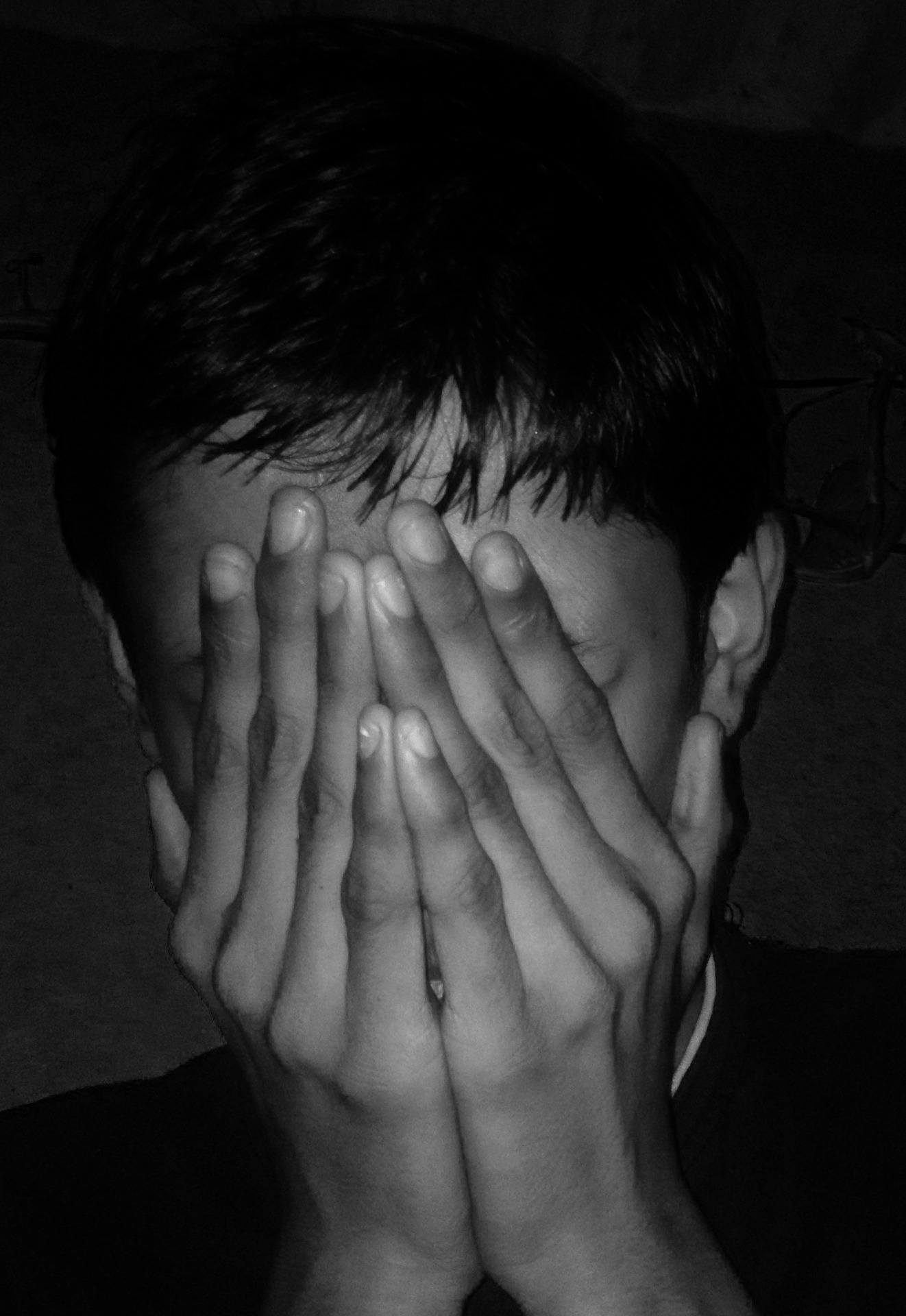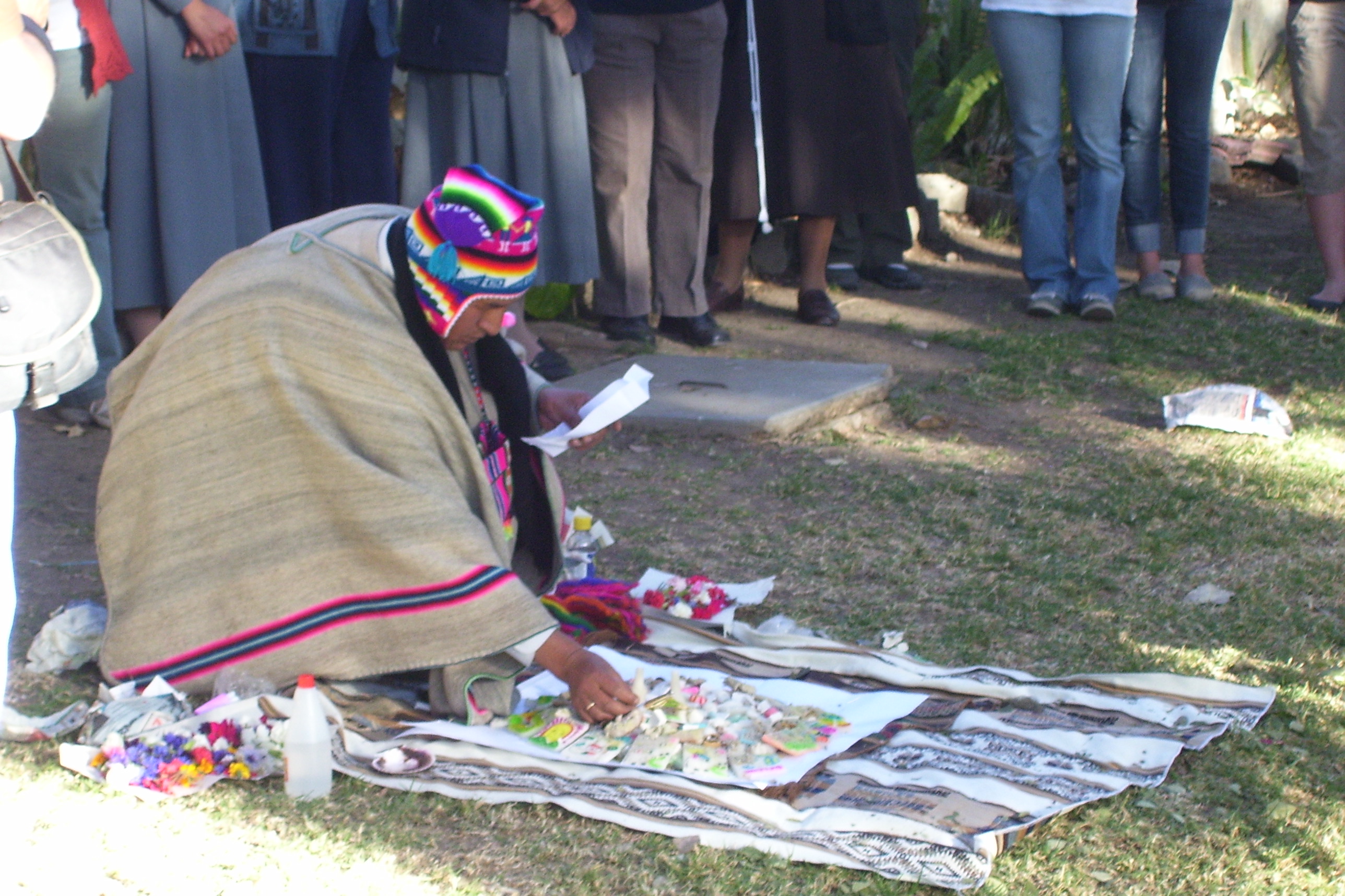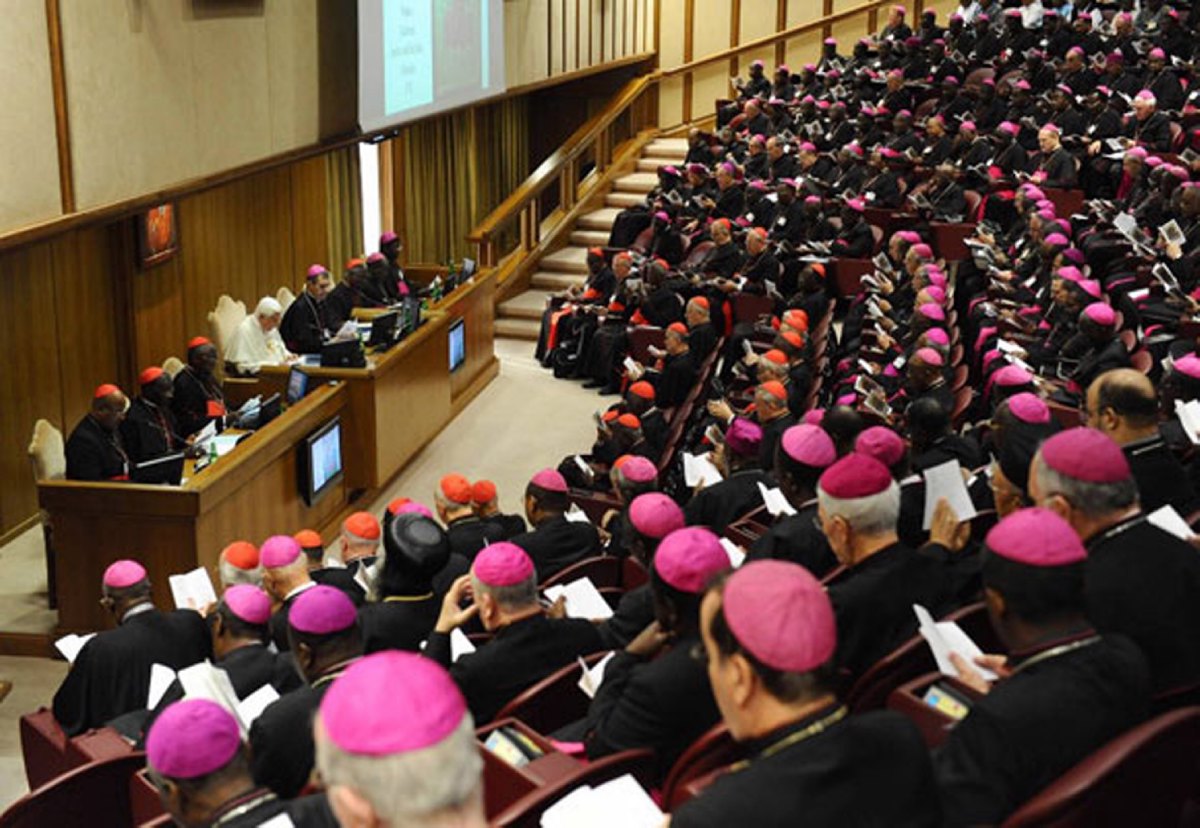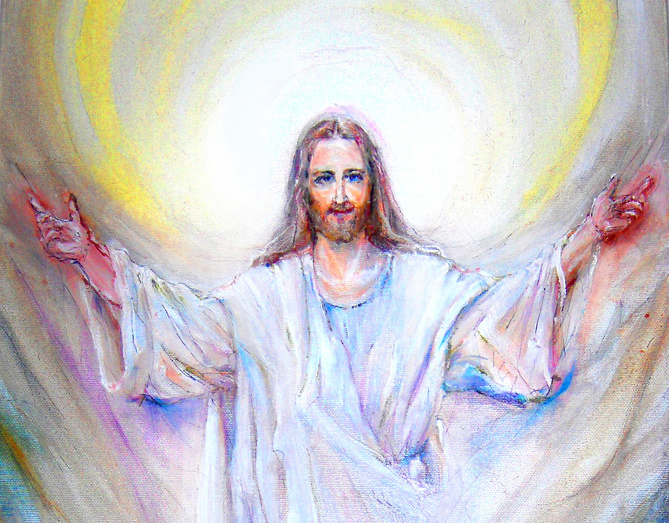“These turbulent times disclose our need for a discipline of the spirit. To respond to our world we must get free to love. That involves personal transformation, which includes coming to terms with evil in the world and in ourselves, accepting forgiveness and changing.”[1]
I found these words on the first page of The Call to Discernment in Troubled Times by Dean Brackley, SJ, and they hit me like a ton of bricks. I, alongside many of you, probably feel challenged to find my place in our “turbulent times.” As a person who works to stand alongside and behind those on the peripheries, each day’s news headlines challenge me to live into my gospel call to care for my neighbor in need.
 As a person of privilege, I recognize my lifestyle is threatened far less than many others. My whiteness and economic status would allow for anonymity and safety. I need not fear for family members in Latin America or the Middle East, nor what may happen when I’m pulled over, nor where my next meal is coming from. For me to “be not afraid” means something radically different than that of many of my neighbors.
As a person of privilege, I recognize my lifestyle is threatened far less than many others. My whiteness and economic status would allow for anonymity and safety. I need not fear for family members in Latin America or the Middle East, nor what may happen when I’m pulled over, nor where my next meal is coming from. For me to “be not afraid” means something radically different than that of many of my neighbors.
Yet, just as the Samaritan who sees the robbed man stuck in a ditch on the side of the road (Lk 10:25-37), I am called to notice and do something when the safety of my sisters and brothers is at risk. I am called to notice how society privileges me, and I must work to deconstruct systems that would prefer to keep others in that roadside ditch. I am called to the “personal transformation” that Brackley speaks of. I am called to care for the poor first.[2]
I know I’m not very good at doing this. And perhaps you’re like me in that regard. Perhaps you never liked it when people got mad at you for rocking the boat. Perhaps you’re afraid that you will say the wrong thing or afraid that you don’t know enough information or feel like you don’t know what to do. Perhaps you’re afraid that your lifestyle will be at risk if you choose to take a stand.
Fear is powerful and can by paralyzing. Brackley writes, “Fear ‘disorders’ our desires; we grasp for idols which promise security, but fail to deliver it. Idols enslave their devotees and demand human sacrifice. Today we have different insecurities, and different idols. Although we can control our surroundings better than our ancestors, we are still afraid. We cling to the means of control – money, power, status, and weaponry. ‘Indifference’ is the freedom to let those things go.”[3]
Here Brackley lays out the antidote for fear: indifference. In the Ignatian understanding, indifference is to be open to wherever God is calling us. This is deeply tied to freedom – freedom to go where God leads us and freedom from the fear that might prevent us from listening to God’s call.
In this sense, Jesus is once again our liberator. In the Gospels we hear “Be not afraid” sixteen times. Most often, this invitation to freedom is addressed to those who are clinging to their “means of control” and are afraid of what God has to offer them. The disciples are afraid when they see Jesus’ transfiguration (Mt 17:7) and ability to walk on water (Mt 14:27; Mk 6:50; Jn 6:20), they are afraid that God will not take care of them if they give up everything to follow Jesus (Mt 10:31; Lk 12:7), and they are afraid that in death Jesus has left them forever (Mt 28:5, 10; Jn 14:27).
I know that I would have the same reaction as these disciples: How could this be possible? In each case, their fear is preventing them from accepting the reality of God’s overpowering grace and is preventing them from fully living into their discipleship. This is the reality that many of us face today: Our fear prevents us from listening to God’s call to stand in full solidarity with those on the margins.
As a response, I invite us to do two things:
- First, sit with some of these passages where the disciples are told, “Be not afraid.” What feelings does it bring up in you? How would you have reacted? How does Jesus lead you from fear to freedom?
- Second, look back on your own life considering times when you have been afraid. What were you afraid of losing in those instances? What were you holding onto that might have prevented you from moving forward? If you overcame that fear, where did God show up? In what ways were you invited to indifference and action?
Finally, where is God leading you beyond fear right now? Where do you need to hear Christ’s invitation to “be not afraid”? What do you imagine when Christ says these words to you? How can you overcome your current attachments to act in sincere love for neighbor and those pushed to the margins?
[1] Dean Brackley, SJ, The Call to Discernment in Troubled Times (New York: Crossroad Publishing, 2004), 1.
[2] Evangelii Guadium, no. 48.
[3] Brackley, 14.









Excellent article – and very timely!
Thank you for a reflection that is actually a push to act. I have read more than one article on discernment procrastinating after each reading. Your apt reflection has shown me that what I fear is acting on what discernment has shown me as God’s Will. Now I need His Grace to move me.